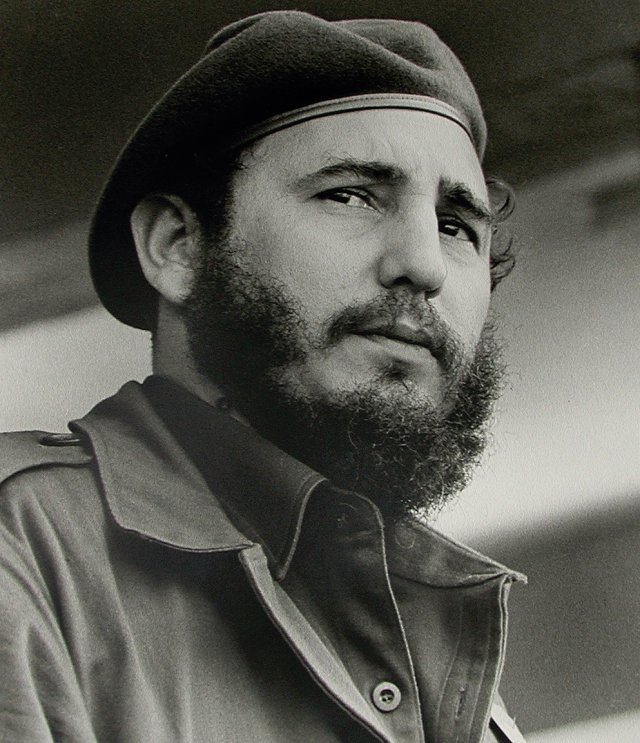
Fidel Castro Handbook
By George Galloway
MQ Publications, 2006
Review by Ramona Wadi
In the introduction, to the Fidel Castro Handbook author George Galloway describes himself as “a partisan for Cuba, for the revolution, for the leadership”. While a partisan view may be shunned in journalistic terms Galloway has no hesitation in embracing a revolution and being loyal to a cause that inspired working class and other exploited people throughout the world.
Through interviews about Castro with Cuban leaders Ramiro Valdes, Ricardo Alarcon and Abel Prieto, an identity is unraveled — that of a restless leader with a capacity to analyse, interpret and anticipate political and global events.
Fidel, the boy from Biran (a rural area in Cuba’s Oriente province), witnessed and experienced events that stirred in him awareness of the differences in social class. From his early childhood years to the dangerous, political intrigues he took part in at the Havana University, Castro was a rebel with a cause — that of restoring dignity to the workers and freeing them from bondage and excessive need.
Insight into Fidel’s mind comes from his assertion that “the intellectual author of this revolution is Jose Marti, the apostle of independence.”
Prieto said Fidel Castro perceived culture as “essential for the defence of our national identity”. A revolution without culture cannot be sustained, and one of the many triumphs of the revolution was the eradication of illiteracy in Cuba in a very short time, less than that of developed countries.
With the rate of medical students growing every year, Cuba offers a lot of humanitarian aid to war-ravaged countries and those struck with natural disasters. Many countries send soldiers — a contradictory effort towards peace keeping, and it is a source of pride to Castro that Cuban aid translates into treatment and care for those in need.
In January, contrasting his country’s response to the Haitian earthquake to that of the US, Castro said: “We send doctors, not soldiers.”
Cuba has also provided free health care for more than 18,000 Ukrainian children affected by the Chernobyl disaster.
For Castro, history has a profound meaning. It has meant supporting revolutions elsewhere in the world, and an adamant belief that the ideas of socialism will prevail. The aggression against Cuba in the 1961 Bay of Pigs invasion, the countless assassination attempts on Castro’s life, the attempted kidnapping of six-year-old Elian Gonzales, the imprisonment and isolation of the Cuban 5 and the economic blockade imposed by the US would have been condemned had the same actions been taken by another power against a US ally.
Cuba and Castro are no longer isolated. The socialist revolutionary movement that capitalism assumed it had conquered with the assassination of Che Guevara is entering a new era of global importance with elected leaders such as Venezuela’s Hugo Chavez and Bolivia’s Evo Morales.
The book shows Castro’s capacity to explain and defend the revolution using a brilliant memory and insight into the havoc caused by capitalism and globalisation on Third World countries.
In this handbook, we see Castro as a leader of a revolution based on pursued justice, not revenge and his confidence that defied the common assumption that Cuba would flounder without the Soviets.
The Fidel Castro Handbook is beautifully illustrated with historical photographs.
The book also illustrates how the people relate to their leader.
Che Guevara said that is hard to think of a revolutionary lacking the quality of love. And Castro reflected this with his adamant principle that revolutionaries cannot bear vengeance.
Castro no longer holds presidential office, but his influence continues to inspire a nation and revolutionary movements worldwide.
The striking element in Galloway’s book is the belief that the same unity and passion can be ignited in many other nations. There seems a certainty that socialism needs to be translated into a reality.
Ricardo Alarcon recalls Castro saying: “We have made a revolution that is bigger than us.”
Comments
Anonymous replied on Permalink